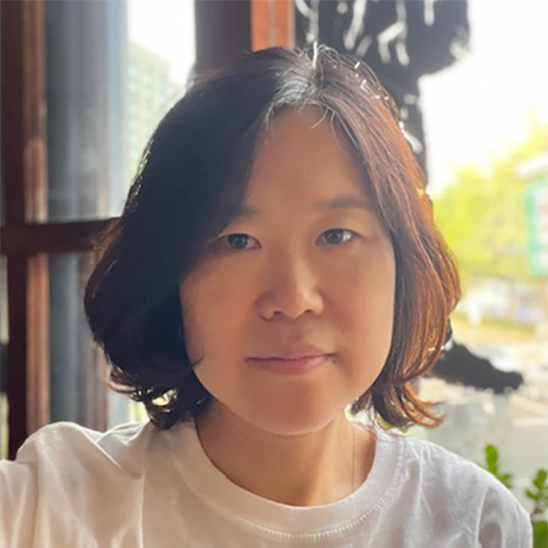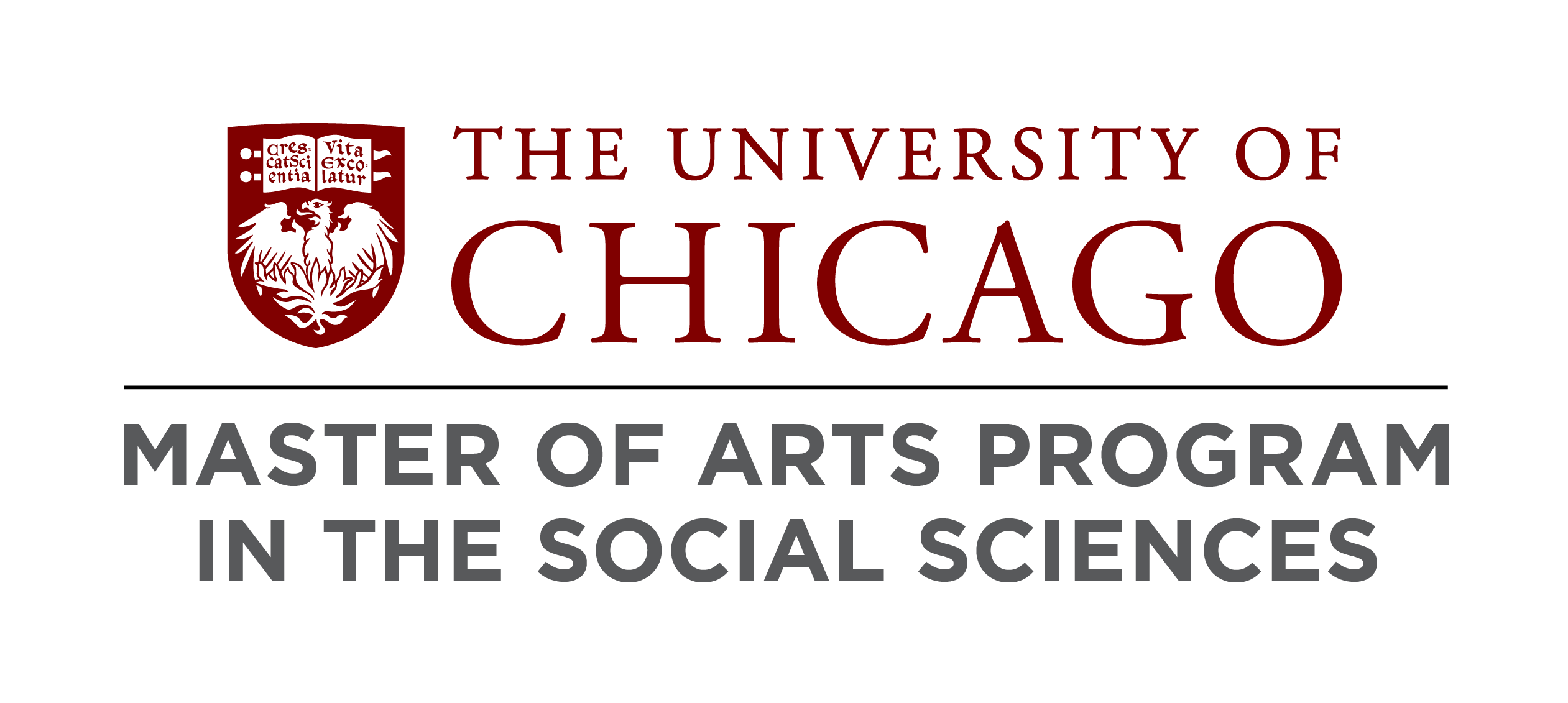
Schedule office hours here.
Yasmin Cho (she/her) is an Assistant Instructional Professor of Anthropology in MAPSS. She holds a PhD in Cultural Anthropology from Duke University. Before joining MAPSS, she was a postdoctoral researcher at Columbia University and a Marie Skłodowska-Curie Fellow at the University of Copenhagen.
Professor Cho’s research interests include materiality, infrastructure, technology, ethnic politics, migration, gender, and anthropology of religion, as well as social theory and ethnography. Her areas of focus are China, Tibet, and sub-Saharan regions of Africa where China’s transnational presence is growing. Her work is dedicated to understanding, from an anthropological perspective, the role of materiality (including technology and infrastructure) in religious movements, with a special focus on gender politics and the formation of political subjectivity in ethnic minority groups. Her first book, Politics of Tranquility: The Material and Mundane Lives of Buddhist Nuns in Post-Mao Tibet, forthcoming from Cornell University Press, explores the intersections of material practices, gender, and religious revivalism through the lives of Tibetan Buddhist nuns in post-Mao China and reveals the unexpected political outcomes of the nuns’ lives and practices within a restrictive political context.
Since 2021, Professor Cho has been focusing on a Chinese-supported Buddhist NGO and its school-building activities in sub-Saharan African countries and recently completed two and a half years of field research in Namibia (including a few months in Madagascar). Her forthcoming article, “Mooring Buddhism: Infrastructure and Chinese School Building in Central Namibia,” in The Copenhagen Journal of Asian Studies reflects her most recent ethnographic work in Namibia and explores how Buddhism has become a form of infrastructure that supports China’s growing presence on the African continent. Her other publications have appeared in the Journal of Religious Ethics, Modern Asian Studies, and the edited volume Frontier Tibet: Patterns of Change in the Sino-Tibetan Borderlands.
 THE UNIVERSITY OF CHICAGO
THE UNIVERSITY OF CHICAGO

